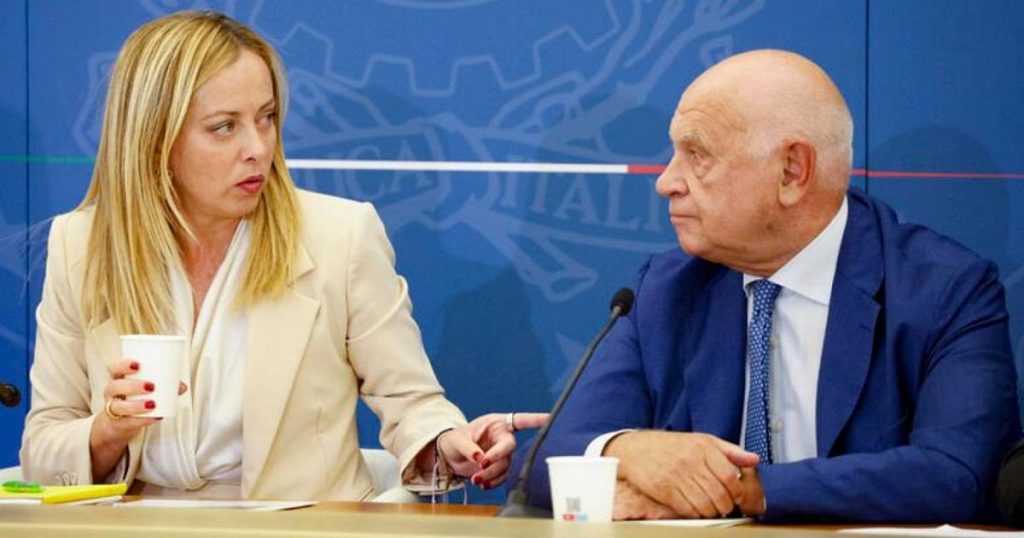One of the proposals discussed during a meeting at Palazzo Chigi, involving Prime Minister Giorgia Meloni, was the creation of a High Court that would judge both prosecuting and judging magistrates as part of a Justice reform. The meeting also included the presentation of a constitutional bill by Minister of Justice Carlo Nordio, which includes the separation of magistrate careers and the establishment of two councils for the judiciary. There is still debate regarding the election method for judges, whether it will be through a “dry” lottery or a “mediated” one, the latter involving further selection of chosen candidates. The possibility of half of the council members being appointed by the government has been excluded, and there is a push to increase the number of lay members in the councils, with at least one quarter appointed by Parliament. The issue of presidency for the two councils is also under discussion, with the current prevailing idea being that the President of the Republic would lead them.
The proposal to establish a High Court to judge all magistrates is based on the so-called ‘Boato draft’, crafted by former Deputy Marco Boato during the Bicameral Commission for the reforms of Massimo D’Alema. This court would handle disciplinary actions towards ordinary and administrative judges and public prosecutors. According to the draft, the court would consist of nine members elected from the superior councils of ordinary and administrative judiciary. There are still open issues regarding the exercise of criminal action and its discretionality, with talks of reforming Article 112 of the Constitution to introduce discretionary action rather than mandatory. The priorities of such exercises could be set by law. Minister Nordio had previously stated that the separation of career paths for magistrates is part of their program, highlighting that it is an obligation to voters. The constitutional bill for this reform is expected to be presented soon.
The National Association of Magistrates has called for a discussion with Minister Nordio to provide technical input to the reform before it becomes law. The association has expressed concerns about the potential complete overhaul of the constitutional framework due to the proposed reforms. Additionally, the European Association of Judges has criticized the government’s reform proposals, viewing them as a serious threat to the independence of the judiciary and the current balance of powers in Italy, in conflict with European standards. There is a push for engagement and dialogue between the government and judicial associations to ensure a balanced approach to justice reform.
The issue of the Justice reform, including the separation of magistrate careers and the creation of a High Court, is a complex and controversial topic in the Italian political landscape. The proposals put forward by Minister Nordio have raised concerns among judicial associations regarding the potential impact on the independence of the judiciary and the balance of power within the justice system. There is a call for dialogue and collaboration between the government and judicial bodies to ensure that any reforms uphold the principles of justice and the rule of law. The discussions surrounding the method of appointing judges, the composition of the councils, and the exercise of criminal action highlight the complexities involved in restructuring the justice system. As the constitutional bill is set to be presented soon, further debate and engagement with stakeholders will be crucial in shaping the future of the Italian justice system.


